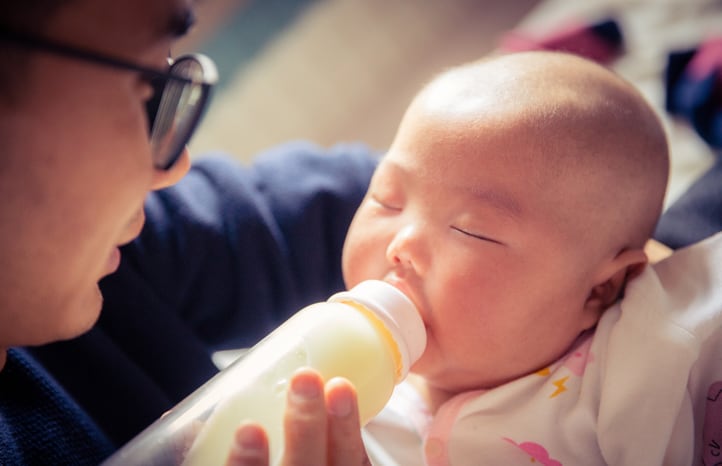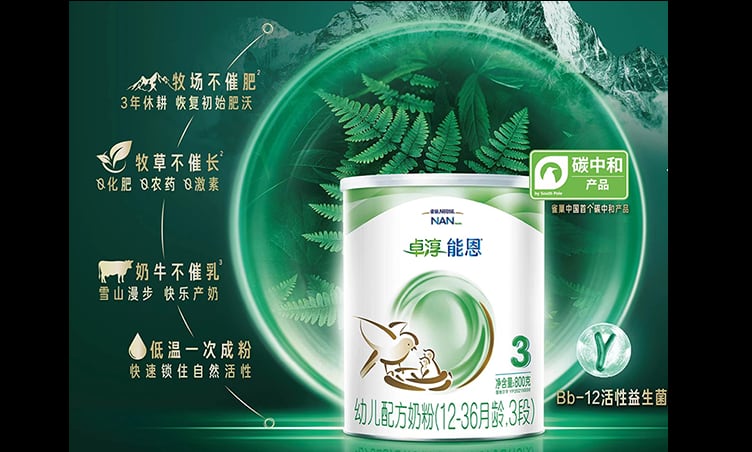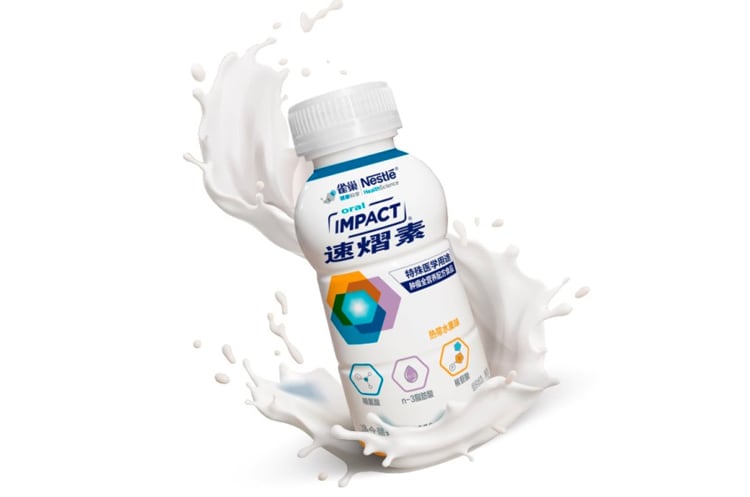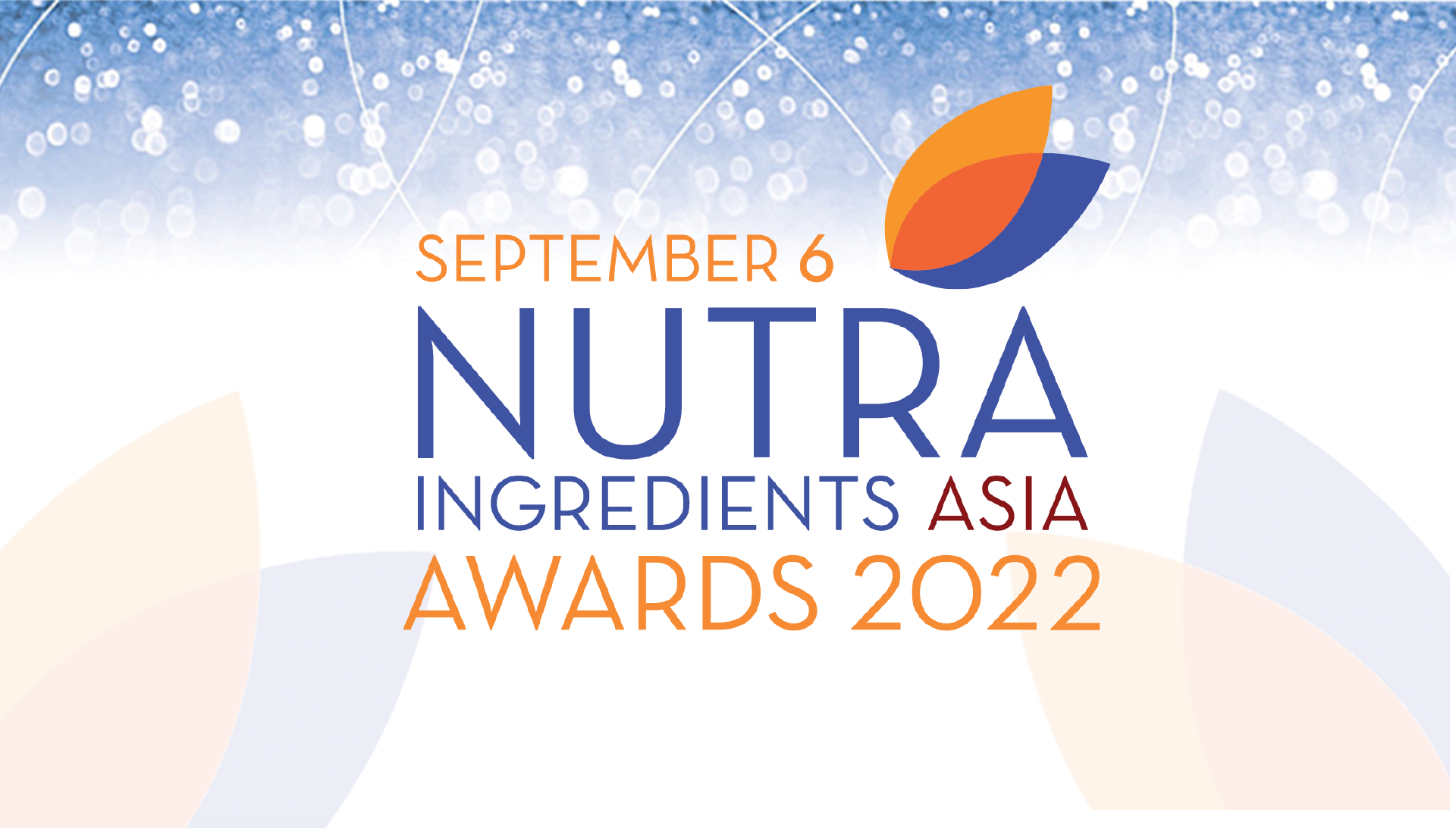The Shijiazhuang-headquartered company is one of the fast-rising homegrown Chinese infant formula companies, alongside other local players such as Feihe and Yili.
Unlike most multinational firms, Junlebao's retail strategy focuses more on the mother-and-baby stores in the tier 3 and 4 cities.
It boasts products from the brands You Cui (优萃), Zhi Zhen (至臻), and Le Bo (乐铂) as its bestsellers. You Cui is known for its organic range, Zhi Zhen is popular for its A2 milk and goat’s milk products, while Le Bo is big on its oleic-palmitic-oleic (OPO, also known as sn-2 palmitate) offerings.
Speaking to NutraIngredients-Asia, Celia Ning, who joined the company as the director of Nutrition Research Institute in April, said that the company has developed infant formulas with a higher lactoferrin content in view of Chinese parents’ demand for products that could provide immune health benefits.
“On top of providing the basic essential nutrients, we also want to provide certain health benefits and functions through our infant formulas.
“The three big functionalities that the Chinese parents are looking for in infant formulas right now are gut health, cognitive health, and immune health due to the COVID-19 pandemic. These are also the three areas which are still immature and not yet fully developed in infants,” Ning said.
Lactoferrin has become one of the most talked about ingredients since the start of the pandemic for its immune health benefits and its effects in relieving cold and flu symptoms.
The new launch, however, is not the first time that Junlebao is selling products containing lactoferrin.
In the past, the firm has developed infant formulas containing 100 miligrams of lactoferrin per 100 grams of milk powder, and it has since worked on increasing the lactoferrin content to better mimic that of breastmilk.
“Lactoferrin is already present in our existing infant formulas, but because of the aforementioned consumer insights, we have decided to upgrade our formulas by increasing the lactoferrin content to provide immune protection.”
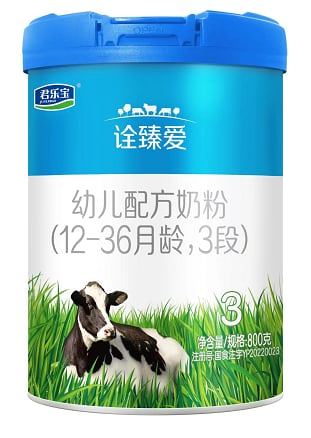
Ning pointed out that on average, the lactoferrin content could range from 440mg to 4280mg in per litre of mature breastmilk, while in colostrum, this could be at much higher at 18 grams per litre.
Introduced under the brand Quan Zhen Ai (诠臻爱)last month, the firm has managed to increase the lactoferrin level to 660mg per litre of milk (equivalent to 468mg/100g of milk powder) in the upgraded formula, which is also within the range found in mature breastmilk. The upgraded formula is available as stage 1, 2, and 3 products.
In addition, Ning highlighted that the product would only need to go through one round of spray drying, while most of the other commercially available products tend to go through two rounds of spray drying.
She explained that that was because the firm could directly fortify milk sourced from its own farms in Shijiazhuang with the required nutrients, before sending it for spray drying.
In contrast, for firms which do not own farms, the usual procedure is to purchase spray dried milk from farms, process it into liquid milk, add in the necessary nutrients and send it for a second round of spray drying.
Other functional ingredients added to the formulas include OPO to help babies increase their absorption of lipids and calcium, casein phosphopeptides (CPP) – a peptide to increase calcium absorption and for supporting bone development in infants, and fructo-oligosaccharides (FOS) and galacto-oligosaccharides (GOS) as prebiotics, said Ning.
More to come
At the same time, Ning revealed that the company would strive to further increase the amount of lactoferrin available in its baby formulas. The goal is to hit 2.5g of lactoferrin in per litre of milk.
“We will be referencing nutrients data observed from mothers’ milk when developing new products, since mother's milk is the gold standard. As such, we are working to at least provide the median level of lactoferrin found in mothers’ breastmilk in our future launches,” Ning said.
However, the cost of production would need to be taken into account as well, especially since lactoferrin is a relatively expensive ingredient. According to Ning, only one gram of lactoferrin could be extracted from every 10kg of fresh milk.
As such, the company is looking at new technologies that could ramp up lactoferrin production at more affordable prices.
“If the production cost of lactoferrin reduces, we will further increase the lactoferrin content of our products, because right now, it is so expensive.
“There are about 300 to 400 infant formula brands in China currently. I will say that about half of them contain lactoferrin, but most of them only contain a low amount of lactoferrin, with the lowest at 2.9mg per litre. The highest, prior to our launch, is about 600mg of lactoferrin in per litre of milk," she added, citing findings from the company's market research.
Clinical trials
On top of using scientifically proven functional ingredients, Ning said that Junlebao would be embarking on clinical trials to prove the benefits of its formulas on infants and toddlers. At the moment, eight trials are being planned and would take place in China.
“The first step is to decide the amount of functional ingredients to be added into the infant formula, the second step is to conduct clinical studies to see if we could observe any functional benefits after adding this particular amount of functional ingredients,” said Ning.


